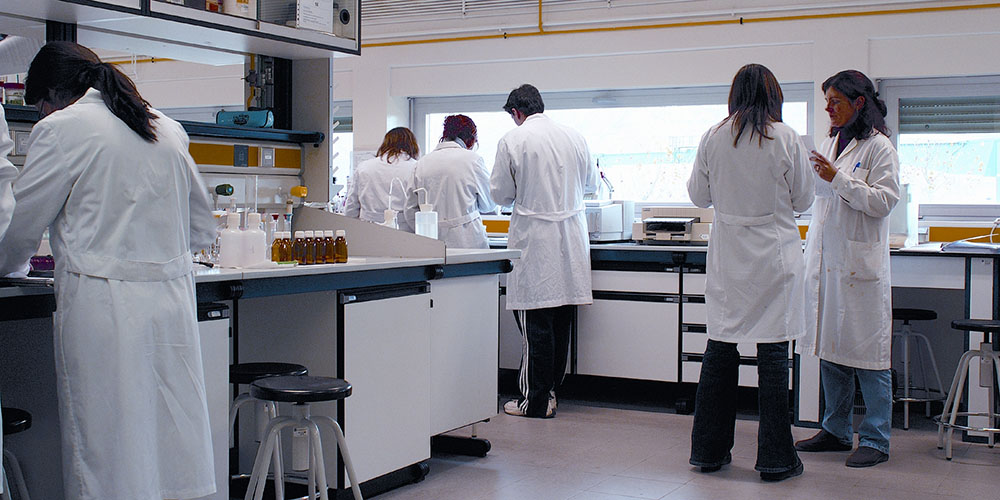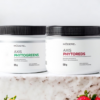It’s officially October, and that means it’s Breast Cancer Awareness Month. While early research sparked (still) widely-believed myths about causation, the last decade has produced groundbreaking studies on the real causes behind breast cancer – some of them, quite surprising.
Radiation Exposure
Women who were exposed to radiation treatments in the chest area as a child or young adult have a greatly increased risk of breast cancer. This exposure is often due to the treatment of another cancer. Talk to your doctor if received radiation exposure at a young age.
Early Menstruation & Late Menopause
Women who began their periods before the age of 12 and women who go through menopause after the age of 55 have a slightly increased risk of breast cancer.* Women over the age of 40 should perform regular self-breast exams and receive mammograms to make sure there are no abnormalities in their breasts, especially as they go through menopause.
Not Having Children
Women who choose not to have children or have children after the age of 35 have an increased risk of breast cancer. Although this increase is slight, it’s still present. Conversely, women who have been pregnant many times or were pregnant when younger have a reduced risk of breast cancer.
Certain Birth Control Methods
Studies have shown that women who use birth control pills or a certain injectable form of progestin-only birth control may have a slightly greater risk of breast cancer than women who have never used them.** The studies also show, however, that this risk seems to go back to normal once use of those forms of birth control have stopped.
Alcohol
It has been solidly proven that drinking alcohol increases the risk of developing breast cancer. And we’re not just talking about excessive drinking. In fact, as little as one drink per day can increase a woman’s risk over her lifetime.
Dense Breast Tissue
Dense breast tissue has been linked to an increased risk of breast cancer. Plus, it also makes lumps more difficult to detect. To combat this issue, several states have passed laws that require physicians to disclose to women if their mammogram indicates that they have dense breasts. Ask your physician if you have dense breasts during your next exam and learn what the implications are if you do.
Post-Menopause Hormone Therapy
Combined hormone therapy after menopause – which involves taking estrogen and progesterone – increases the risk of getting breast cancer. However, like birth control, this risk seems to go back to normal over time after the hormone treatment has stopped. If you are going through menopause, this is something you should discuss with your doctor.
Busted Breast Cancer Causation Myths
Several studies have attempted to link all kinds of potential causes to breast cancer, but many are questionable or have been disproven entirely. Top of the list?
- Antiperspirants
- Bras
- Caffeine
- Microwaves
- Cell Phones
- Most Chemicals
The first (and best) thing you can do to reduce your risk of developing breast cancer is to stay informed. Understand the risk factors in your life and communicate with your physician regularly about your concerns. Spend Breast Cancer Awareness Month spreading the word to your friends and family about breast cancer risks and good prevention practices. Together, we can work to help promote a cancer-free community.
Sources
*Breast Cancer. American Cancer Society. Cancer.org.
**Causes of Breast Cancer and Risk Factors. National Breast Cancer Foundation. Nationalbreastcancer.org.









